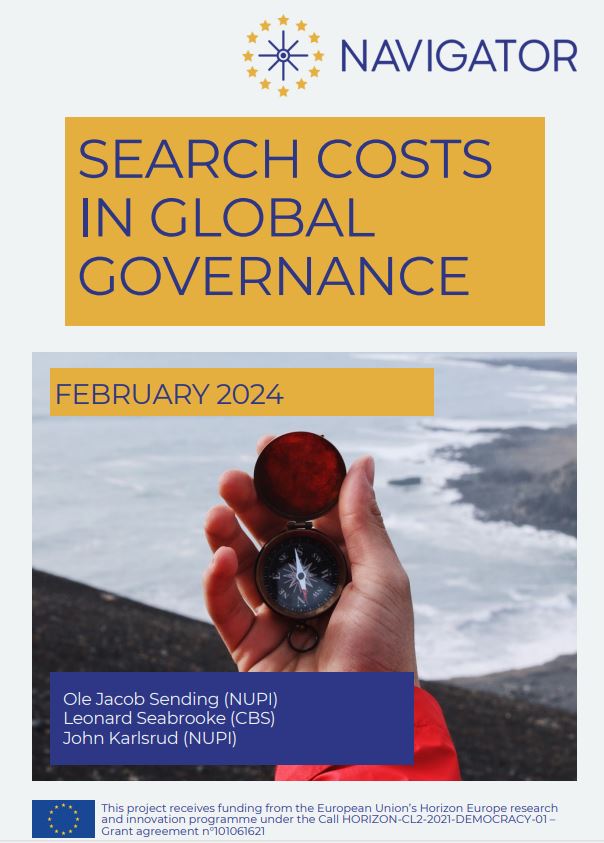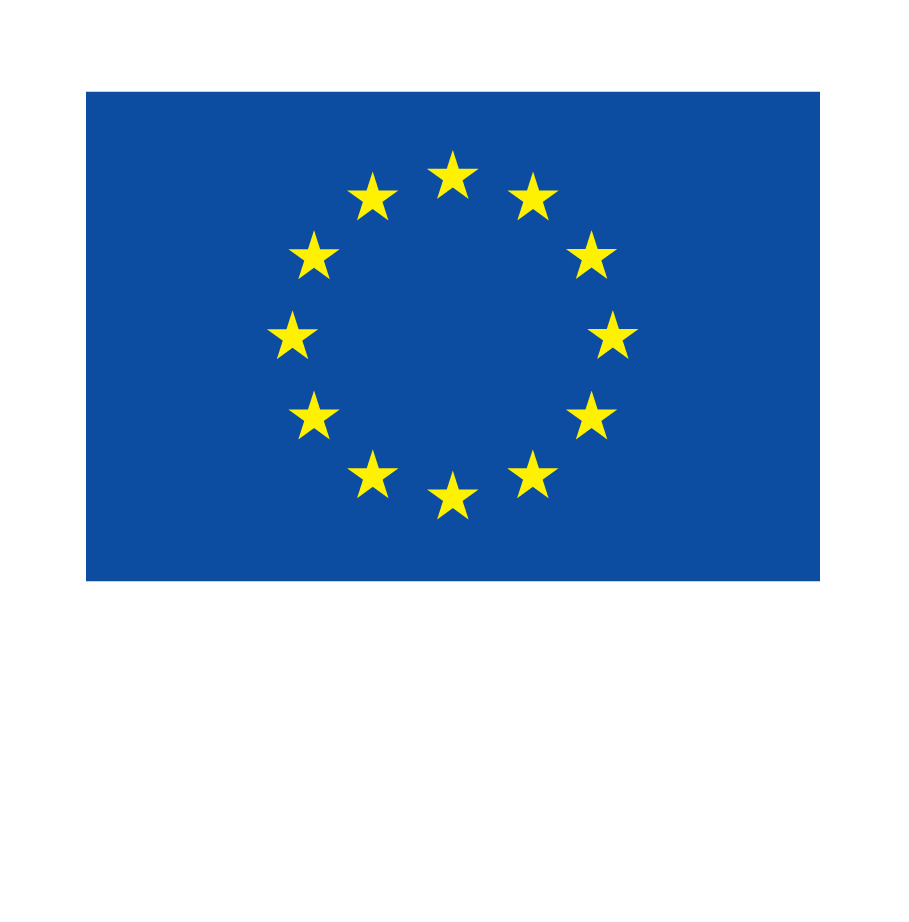NAVIGATOR working paper – Search Costs in Global Governance
By Ole Jacob Sending (NUPI), Leonard Seabrooke (CBS) & John Karlsrud (NUPI)
To navigate global governance, policymakers need to adjudicate how they should allocate their scarce resources to organizations and networks that can best fulfill specific governance tasks. Given growing regime complexity, and the rise of private transnational regulatory organizations in multiple issue areas, policymakers are faced with a task that is insufficiently captured in existing research on global governance. It concerns the need to identify and assess which governance options, offered by what actors, are best suited to advance a particular set of interests. These interests are not limited to considerations of what is the most effective governance solution, but also include “political” interests in maintaining alliances and status hierarchies in terms of deciding on who to govern with. On this basis, we suggest that in addition to the conventional focus on sunk-, transaction-, and opportunity costs, what we call “search costs” are growing in importance for policymakers: Policymakers can rely less on publicly mandated intergovernmental organizations (IGOs) with control over an issue-area and must identify and assess different governance options provided by IGOs, NGOs, private regulatory actors. In so doing, both considerations of legitimacy (e.g. multilateral v minilateral models) and effectiveness (e.g. hard v soft governance models) as well as alliances and partners must be considered. We outline our search costs framework and provide examples of the hidden (search) costs of global governance and identify why it matters. For scholars, it is important to understand what increased complexity entails for states. For policy-makers it is important to strengthen awareness and develop frameworks that can aide in assessing and choosing best-fit governance arrangements that match both concerns with effectiveness and legitimacy, as well as status-concerns and alliances.


